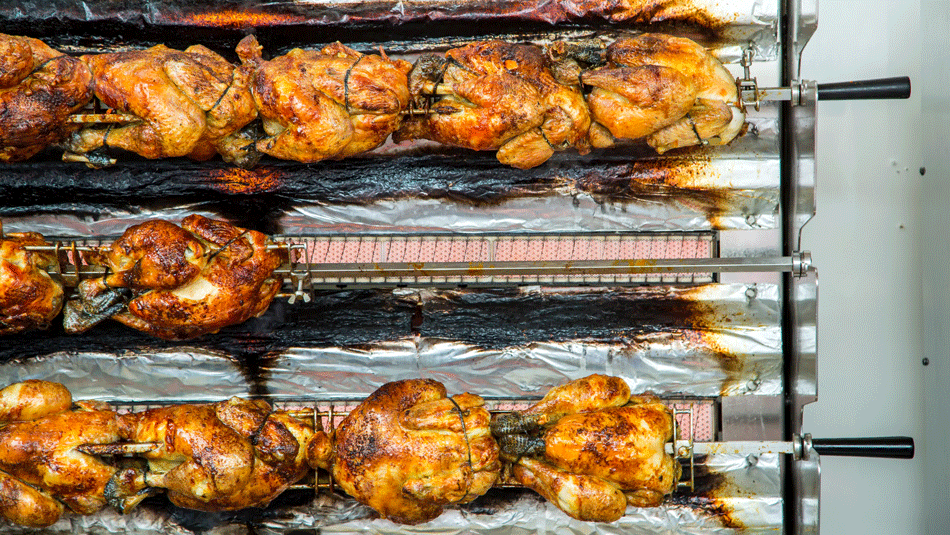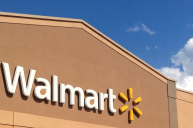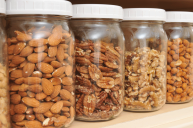Rotisserie chickens save us from many a weeknight slump in the kitchen, and shredded rotisserie chicken makes an easy addition to chicken salad, chicken tacos, barbecue chicken sandwiches, and a slew of other chicken recipes that use pre-cooked meat. Sometimes, they are just plain easier and that's all one needs in the kitchen to make dinnertime run smoothly. However, have you ever wondered why they are fairly inexpensive compared to the butcher's whole birds?
Of course, if you want to well in the kitchen and save money, cooking from scratch is the way to go. The convenience of shredded rotisserie chicken isn't all it's cracked up to be when you consider a new report from California educational television channel, KCET. Reporter Cat Vasko looked into one important question: Why are rotisserie chickens so cheap? And this is what she found.
The secret behind your pre-cooked bird is that it is more than likely an unsold raw chicken that was slapped on the rotisserie machine before it expired. Grocery stores sell whole raw chickens, on average, cheaper than rotisserie chickens, and this little trick is why.
Grocers make less money on raw chickens, but they don't contribute to food waste by tossing the birds that are about to head south. The ability to turn a product into a ready-made solution doesn't just stop at chickens. In fact, consider the origin of the deli-style salad bar or soup bar at your local grocery store. The produce and products used in those recipes are certainly near the end of their shelf lives.
Not all grocery stores, however, shy away from this knowledge. As Vasko noted, the former CEO of Trader Joe's confirmed that meat and produce are often recycled into versions of prepared food, like the Trader Joe's chicken salads or the like. Reusing food in this way is a fantastic step toward reducing the amount of food waste in the U.S., though some consumers might not appreciate knowing just how close to the sell-by date their precious rotisserie chicken was.
Grocery stores waste, according to a 2001 study that Vasko sourced, added around $900 million in inventory annually. When you buy that rotisserie chicken, you're doing your part to diminish food waste and eat sustainably. Will you keep using the birds now that you know their origin stories?





